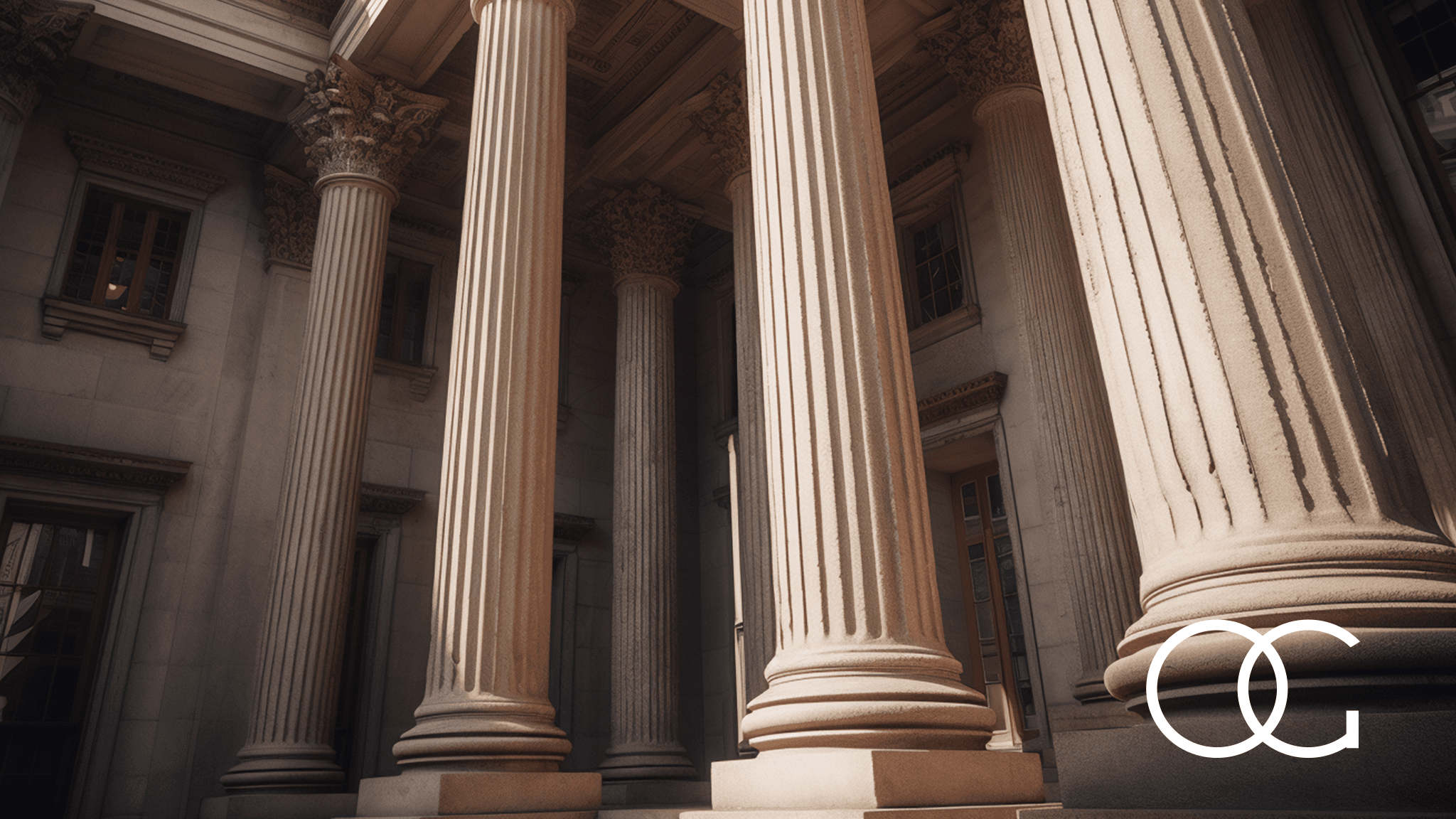On June 1, the Supreme Court unanimously ruled in favor of whistleblowers in two critical False Claims Act cases, bolstering the United States’ primary tool in combating fraud against the government.
Under the False Claims Act, companies that knowingly submit false claims for payment to the government are potentially subject to triple damages and substantial penalties. Whistleblowers who have knowledge of violations of the False Claims Act can file “qui tam” lawsuits on behalf of the government and may be eligible for a reward of 15 to 30% of any recovery.
The Supreme Court’s decision clarified the meaning of the word “knowingly” in the False Claims Act. The Court considered two recent cases from the Seventh Circuit Court of Appeals, in which the lower court held that even if a company correctly believed it was violating the law and submitted false claims for payment to the government, it could not “knowingly” violate the False Claims Act if it could come up with an “objectively reasonable” interpretation of the law that justified its behavior. As explained in an amicus brief by The Anti-Fraud Coalition, such a rule could give “defendants with subjective knowledge of their own wrongdoing a get-out-of-liability-free card, which they or their lawyers can play at any time .” (Outten & Golden whistleblower & retaliation attorney Dave Jochnowitz was one of the authors of that brief.) Indeed, as we wrote in April when the case was argued, such a rule could have severely undermined the False Claims Act, “allow[ing] a defendant who presented false claims to admit that he wanted to break the law and yet simultaneously deny that he acted with [knowledge].”
In a plainspoken opinion, the Supreme Court rejected the Seventh Circuit’s interpretation of the law and held that a defendant’s subjective knowledge matters when evaluating False Claims Act liability. In other words, “knowledge” for purposes of the False Claims Act means just what it says.
Although the Court relied on a few very old cases, including an English case from 1889, the opinion also relied on thoroughly modern, easy-to-understand analogies to show why the lower court had it wrong—including by reference to a driver instructed to “Drive Only Reasonable Speeds” and a plumber who tells a client that the “work that I did on your house complied with state law.”
This easy-to-read opinion makes two things clear. First, fraud is fraud, and defendants cannot avoid liability under the False Claims Act by coming up with creative, after-the-fact excuses for misconduct that they knew was wrong at the time they did it. Second, whistleblowers remain critical in the fight against fraud, because figuring out what a company knew or didn’t know often requires insider knowledge that only whistleblowers can bring to the government.


